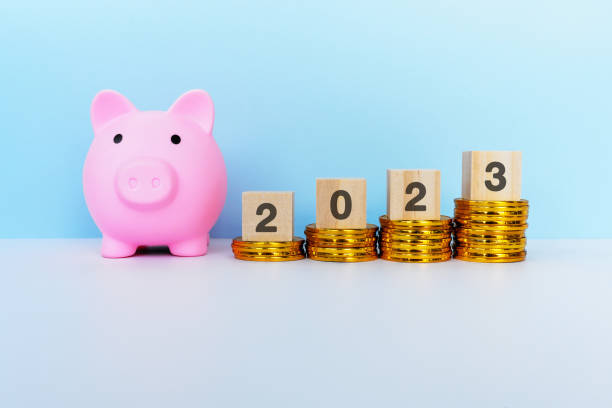
Introduction to personal finance
Personal finance education is an essential component of financial literacy, and it’s crucial for individuals to understand how to manage their money effectively. Yet, despite its importance, personal finance education is often overlooked or not prioritized. In this blog post, we will discuss the significance of personal finance education, the benefits it offers, and some useful tips and resources for building financial literacy.
Why is Personal Finance Education Important?
1. Helps you make informed financial decisions
Personal finance education equips you with the necessary skills and knowledge to make informed financial decisions. It helps you understand the consequences of your actions and the impact they have on your finances.
2. Improves financial well-being
Financial stress is a common problem, and personal finance education can help reduce it. It teaches you how to manage your money, plan for the future, and avoid debt.
3. Better Financial Management Skills
One of the primary reasons why personal finance education is important is that it helps individuals develop better financial management skills. By learning about budgeting, saving, investing, and other key financial concepts, individuals can make informed decisions about their money and set themselves up for long-term financial success.
4. Encourages long-term financial planning
Personal finance education helps you develop a long-term financial plan that includes saving for retirement, creating an emergency fund, and investing.
5. Increased Financial Independence
Personal finance education can also help individuals achieve greater financial independence. By learning how to manage their money effectively, individuals can reduce their reliance on others and make important financial decisions for themselves.
Tips for Getting Started with Personal Finance Education

1. Take Advantage of Online Resources
There are many online resources available for individuals looking to learn more about personal finance. From blogs to podcasts to online courses, there are numerous options for those seeking to educate themselves on personal finance topics.
2. Read Books
There are countless books available on personal finance that can be extremely helpful for those looking to improve their financial literacy. Some popular options include “The Simple Path to Wealth” by JL Collins and “The Total Money Makeover” by Dave Ramsey.
3. Attend Workshops and Seminars
Many financial institutions offer workshops and seminars on personal finance topics. These can be a great way to learn from experts and get your questions answered in a supportive environment.
4. Work with a Financial Advisor
If you’re feeling overwhelmed or unsure where to start with your personal finance education, consider working with a financial advisor. These professionals can provide guidance and personalized advice to help you achieve your financial goals.
Resources for Building Financial Literacy
1. Personal finance books
There are many personal finance books available that provide valuable information and advice on managing your money. Some popular titles include “The Millionaire Next Door” by Thomas J. Stanley and William D. Danko and “The Total Money Makeover” by Dave Ramsey.
2. Online courses
Online courses are a great way to learn about personal finance at your own pace. Some popular platforms that offer personal finance courses include Coursera, Udemy, and Khan Academy.
3. Financial apps
There are several financial apps available that can help you manage your money, track your expenses, and invest. Some popular apps include Mint, Personal Capital, and Robinhood.
Conclusion
In conclusion, personal finance education is crucial for building financial literacy and achieving financial well-being. By understanding the importance of personal finance education, setting financial goals, budgeting, and investing, individuals can develop a solid financial plan that can help them achieve their financial goals. With the help of resources such as personal finance books, online courses, and financial apps, building financial literacy can be both accessible and attainable.


